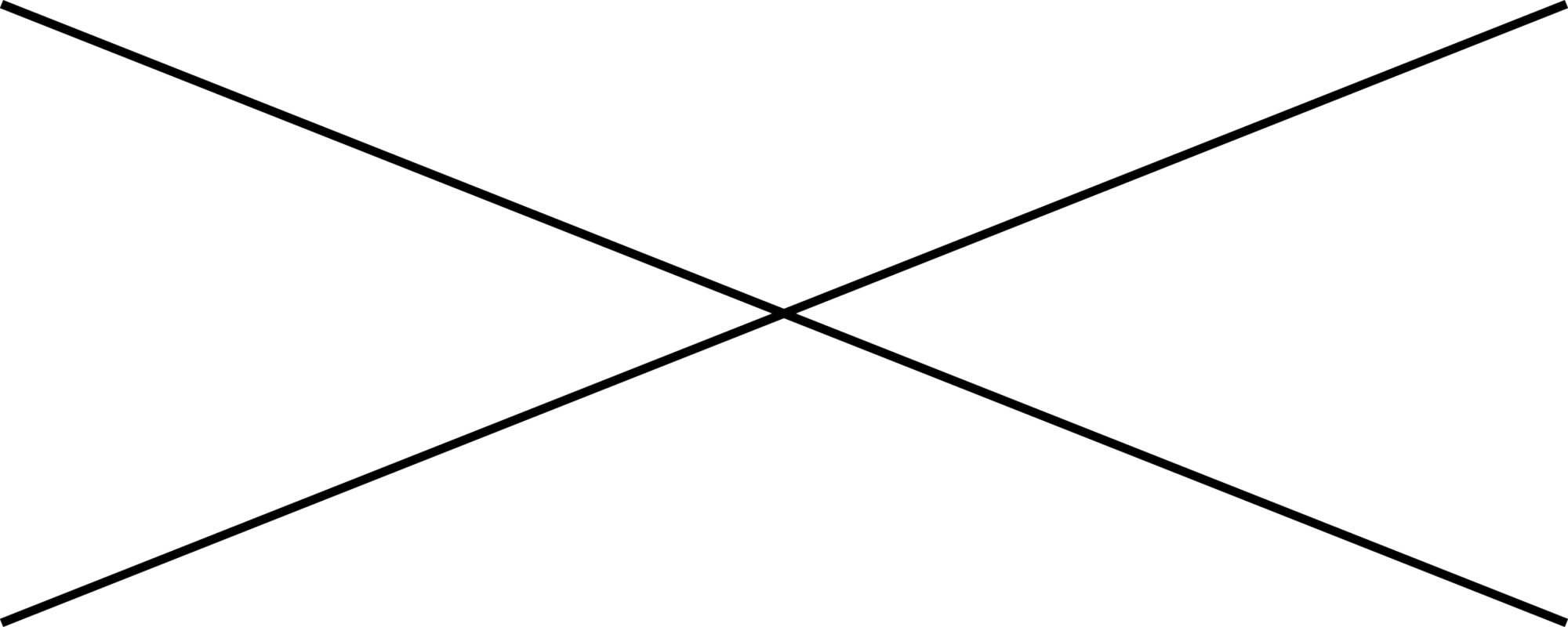What is it to become nothing?
If only we could love ourselves. (An aside.)
A monument, some of the frozen past says to us ‘I exist’, but we tell it, ‘You will no longer exist’, point a finger at its head, ‘Off!’ and point the arrow of time.
Colston is draped in gold, good. But his shoulders are weighted enough already, by his own flesh, is bronze. Fine, and so long, Colston, farewell. He’s fled and is hiding, pressed against the riverbed eyes oxidised to an acid green, left to vacillate in the currents of a blood tide unrested by revolutions of power and anguish of generations, the unsatisfied us.
He is gone from the plinth, but the ‘I’ remains, now as a vacant space in our houses, an absence between our lungs and the heart.
My mistake, to put myself into things imaginary? To combine the metal with the cells of my skin, bind my energy with gold and wear it around my neck, the gold of a once-idol.
Have I tied myself to this wreck, on the riverbed? That ship of history downed by fierce winds that have long passed, but will return having travelled the curve of the earth from lung to lung, airway through airway and out of this upright body that convulses to say ‘I’, yes, ‘I am here’.
And this wreck holds such fascination – to imagine the last moments of the inhabitants, of cabins held together with bolts and wood, the shape of which has been penetrated, preserved under coral and we wonder what food was in their bellies, in their bottles what drink, how many dark people they held below. They died floating above their beds.
And the coastguard? They had turned them back and then, in their fatal panic, three hundred and one plus a man, three women, a child presumed drowned.
The rubber carcass of their boat, found by the good citizens who comb the beaches at low tide, wearing helmets of bronze, their heavy skin drags and marks the sand as they pick over the rocks in search of their gold and sovereignty (all they ever find are dead bodies.)
What is imaginary?
Thoughts of what is to come and what has been. The forward movement of waves onto the beach. The relentless forward of progress. But matter does move time. Do we consent to the churn of history? Stone over stone, hand to air, matter and matter, we, the force of time and change, come to know how much pressure to apply to a body; to make love to it, to kill it.
Poor things. Thick in the dream.
Before Colston, somewhere between midnight and 4am, in a late-summer fury, more monuments were strangled. Now they lean forward in terror to show us the wounds that betray their eternal vulnerability, necks marked by cord’s abrasion. They speak of how much they suffered and struggled in losing their heads.
We can’t un-see.
Etched as the abrasions are, as their fingernails are etched into the material. What’s left? To dislodge the idol from my spine and for once hold up my own head, to realise that it has no weight at all. These dead idols would will it, that in turn they may destroy me, that I die before my death.
End note
It became apparent to me that any meditation on destruction is ultimately a meditation on the nature of time. An archive of destruction, in a way, is symbolic of a contradiction, the apparent contradiction by which we live. That is, us living both in the eternal present, and being subject to the passing of time. When thinking about this text, I looked back on my copy of Ilya Prigogine and Isabelle Stengers’ book Order out of Chaos, Man’s New Dialogue with Nature. I particularly like this quote:
‘It is hard to avoid the impression that the distinction between what exists in time, what is irreversible, and, on the other hand, what is outside of time, what is eternal, is at the origin of human symbolic activity.’
And this from Simone Weil’s Gravity and Grace helped to inform the title, Destroyed in Love:
‘Decreation: to make something created pass into the uncreated.
Destruction: to make something pass into nothingness. A blameworthy substitute for decreaton.’
‘Creation is an act of love and it is perpetual. At each moment our existence is God’s love for us. But God can only love himself. His love for us is love for himself through us. Thus, he who gives us our being loves in us the acceptance of not being.’
‘We possess nothing in the world – a mere chance can strip us of everything – except the power to say ‘I’. That is what we have to give to God – in other words, to destroy. There is absolutely no other free act which it is given us to accomplish – only the destruction of the ‘I’.’
